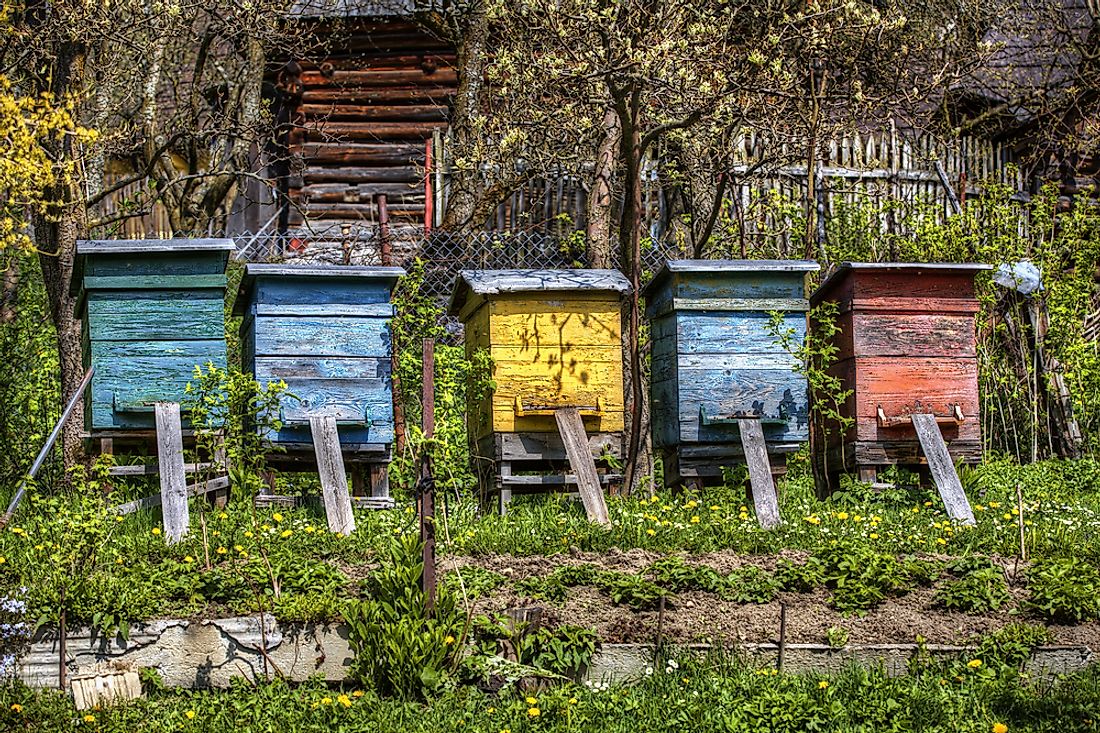When and Why is World Bee Day Celebrated?

As pollinators, bees play an imperative role in the eco-system by ensuring food security, facilitating nutrition, enhancing sustainable agriculture and biodiversity, and mitigating climate change. With an expected, rapid increase in human population in the next decade, there will be a greater demand for food rich in the micronutrients, vitamins, and minerals required for a balanced diet. Bees will play a crucial role in ensuring food security and nutrition. Unfortunately, in the last couple of years, bees have been facing increasing threats. The increasing threats led the Republic of Slovenia to raise public awareness on the importance of bees by amassing collective action from the United Nations and Apimondia (The beekeeper’s Umbrella Association). The key initiate of World Bee Day is to raise public awareness on the protection of bees and their habitats.
History Of World Bee Day
World Bee Day was proposed by Slovenia in April 2015 when the Slovenian Beekeepers’ Association presented the initiative to the United Nations about celebrating the day on May 20. Slovenia is one of the few countries in the world with the highest number of beekeepers and the only country that has adopted legal measures aimed at protecting bees. The United Nations General Assembly, through imperative support from the European Union, adopted a resolution declaring May 20 as World Bee Day. The Republic of Slovenia proposed the celebration of World Bee Day in the month of May in commemoration of Anton Jansa, a renowned pioneer in modern beekeeping. He was appointed by Maria Theresa as a teacher at the Vienna Beekeeping School. May is also the month when pollination begins in the northern hemisphere and bees begin to reproduce. In the southern hemisphere, it is usually a time to harvest bee products.
Importance Of World Bee Day
World Bee Day aims at raising public awareness on the importance of bees in the ecosystem. Data from the Food and Agriculture Organization show that bees play a crucial role in ensuring global safety of the food supply chain as every third spoon of food depends on pollination. They also contribute towards ecological balance and biodiversity. For a long time, the migratory patterns of bees have been used to foretell various issues in nature such as the destruction of their natural habitats in favor of urban development. Bees immensely contribute to the agricultural system, which is a major source of employment and income for farmers, particularly in developing countries. Moreover, they help these households in poverty reduction and hunger alleviation contributing towards the achievement of the global vision 2030.
Prompt protection of bees and other pollinators significantly contributes towards food security at the global level. Its embrace will contribute towards the achievement of sustainable development in the agricultural sector in most countries globally. By creating public awareness, there will be increased efforts by stakeholders across the globe towards the protection of ecosystems that bees inhabit. As active bioindicators, bees will help enlighten stakeholders of the major, threats which can be solved by eliminating these threats creating a sustainable ecosystem for future generations.











